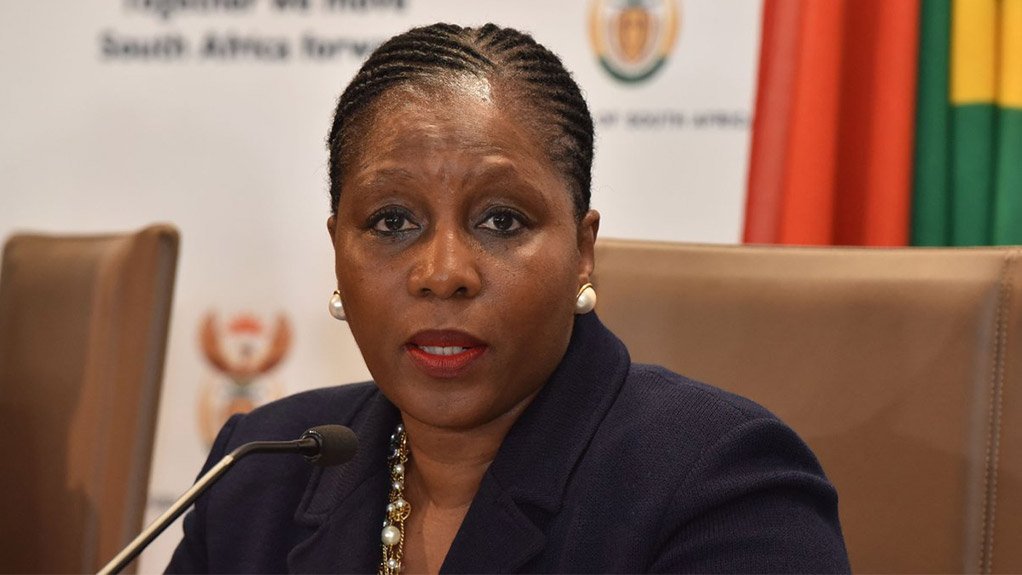A whopping R370-million was spent on salary increases for public servants in senior management, and the public service ministry deemed the remuneration increment as "an efficient use of public money in the current economic climate".
The total cost of the salary increases for employees in the senior management service (SMS) for the 2021/22 financial year was R373 165 844. Salary scales for employees in the SMS are from Levels 13 to 16.
This emerged in former public service and administration minister Ayanda Dlodlo's response to a written parliamentary question from Democratic Alliance MP Leon Schreiber.
The reply, dated 4 March 2022, was published while Dlodlo was still a Cabinet minister. She has since moved to the World Bank.
Schreiber asked Dlodlo whether the increases for highly paid SMS employees were an efficient use of public money in the economic climate, after millions of private-sector workers lost their jobs during the Covid-19 pandemic.
Dlodlo replied: "Yes, the salary increases for members of the SMS in the public service are regarded as a just, equitable and efficient use of public money in the current economic climate. The salary adjustments granted to members of the SMS are equitable, considering the fact that it is similar to what was granted to employees below the SMS. If the salaries of members of the SMS are not adjusted, it will result in a situation where employees below SMS will earn more than senior managers."
She added that the gap between the maximum salary notch of a deputy director on Level 12 and a director on the minimum salary on Level 13 is already narrow.
"In some occupation-specific dispensations, staff below SMS level already earn more than senior managers. This situation creates a disincentive for competent employees to aspire to become senior managers," she said.
No decision on salary increases for SMS employees for the 2022/23 financial year has been made.
She also said the cost-of-living adjustment for 2021/22 was granted in lieu of pay progression.
"The remuneration of the members of the SMS are impacted by the changes in the consumer price index (CPI) that reflect changes in the cost-of-living and which has a direct impact on the 'buying power' of their remuneration," she said.
"As a result, the adjustments are necessary to protect the 'buying power' of the salaries of members of the SMS," she added.
Earlier this month, Fin24 reported that labour unions representing South Africa's 1.3-million state workers have demanded 10% pay increases to help them offset soaring electricity, transport and food costs.
The unions' other demands include a R2 500 increase in monthly housing stipends and allowances of 12% of workers' basic salary when disasters, such as the pandemic, strike.
Unions also want permanent employment for teacher assistants, community workers and security force reservists.
In addition, there is a push for a single-year pay deal because they no longer trust the government to honour longer-term accords.
EMAIL THIS ARTICLE SAVE THIS ARTICLE
To subscribe email subscriptions@creamermedia.co.za or click here
To advertise email advertising@creamermedia.co.za or click here











